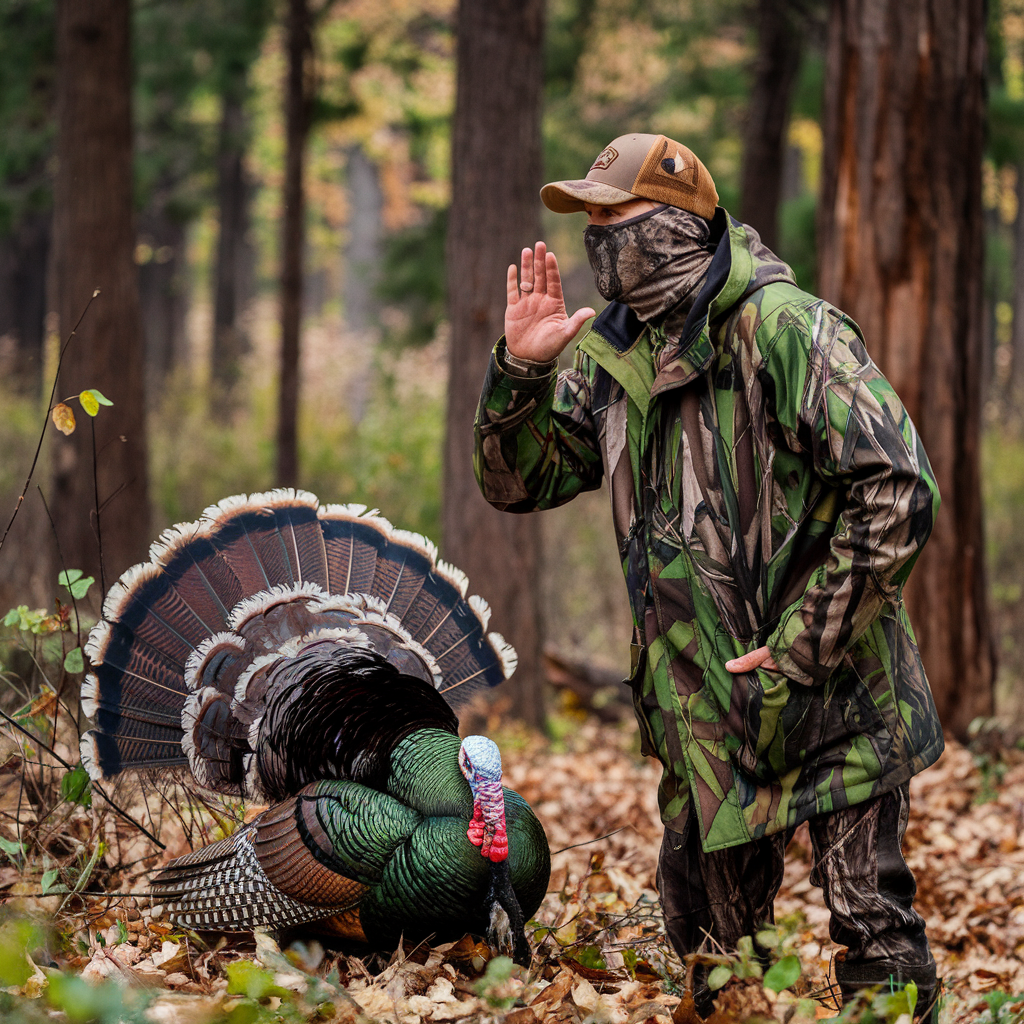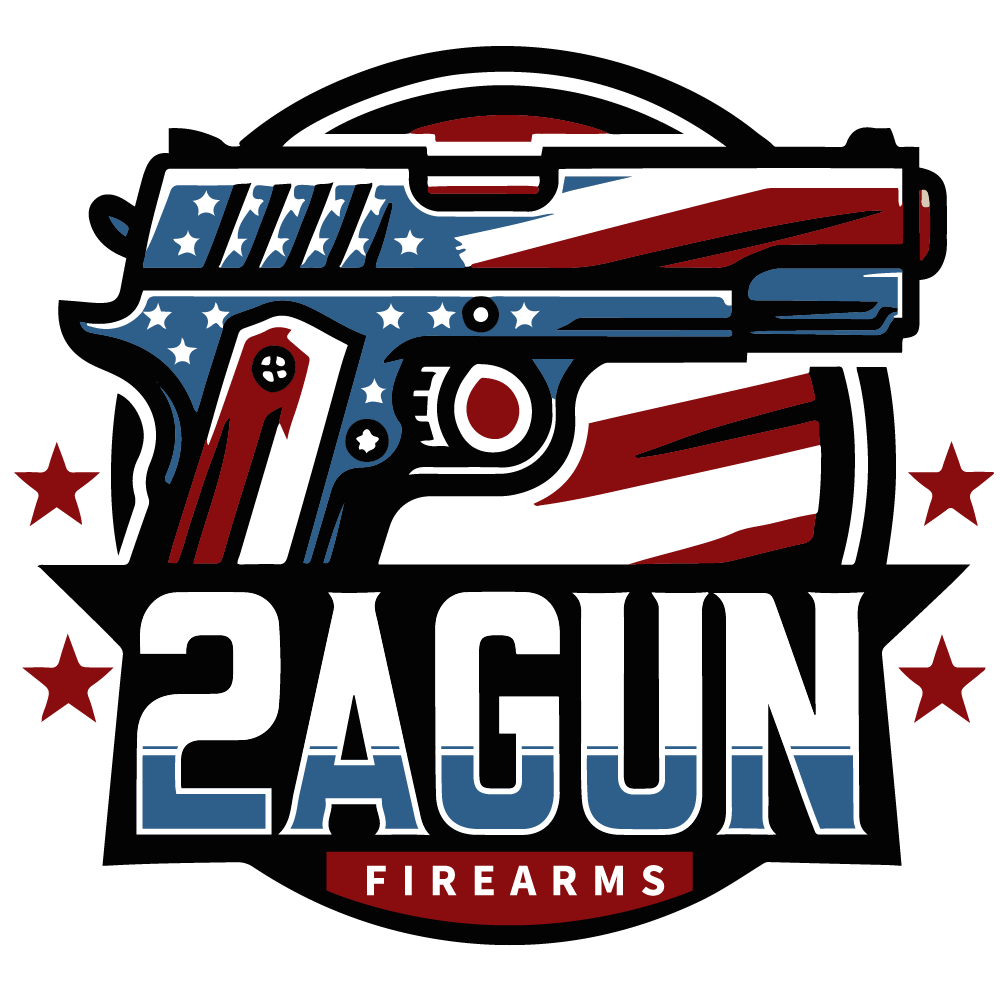How Competition Shooting Improves Defensive Gun Skills

Competition shooting might seem like it belongs in an entirely different category from defensive firearm use, but in reality, the skills honed at the range are highly transferrable to real-world defensive scenarios. Whether you’re navigating through IDPA (International Defensive Pistol Association) stages or practicing drills in USPSA (United States Practical Shooting Association) matches, the lessons learned are invaluable for gun owners focused on personal protection. Here’s a comprehensive look at how competition shooting can sharpen your defensive gun skills.
The Importance of Accuracy Under Pressure
Defensive encounters are high-stakes and stress-inducing. Competition shooting simulates similar conditions by forcing participants to shoot accurately under timed constraints. The pressure to balance speed and precision in matches directly mirrors the split-second decisions required during self-defense situations.
For instance, during competitions, shooters are tasked with hitting small targets or overcoming challenging obstacles while keeping a strong focus on accuracy. This practice cultivates the ability to remain calm and focused, a skill critical in high-pressure defensive engagements.
- Builds muscle memory for rapid and precise shooting.
- Teaches the shooter to perform efficiently under stress.
- Reinforces target discrimination and trigger discipline.
Practicing Realistic Movement Techniques
One of the most beneficial aspects of competition shooting is the dynamic use of movement. Unlike static range shooting, competitions require participants to move between shooting positions, use cover, and engage targets while on the go.
This emphasis on movement directly correlates to defensive situations where staying mobile can be just as important as accuracy. Defensive gun use often requires maneuvering to safety, using cover effectively, or shooting from unconventional positions.
A practical scenario in USPSA might involve transitioning between barriers while keeping your sights aligned, something every defensive shooter can appreciate.
Improving Weapon Familiarity and Handling
Consistent participation in competition shooting builds unparalleled familiarity with your firearm. Frequent handling, reloading, and malfunction drills performed during matches create a deeper understanding of your weapon’s functionality and limitations.
This hands-on experience ensures that in a defensive crisis, you’ll know exactly how your firearm responds without having to think twice.
Specific areas where competition shooting aids weapon proficiency include:
- Faster reload times under duress.
- Smoother transitions between targets.
- Effective recovery from recoil for follow-up shots.
Enhanced Situational Awareness
Competition stages are designed to present various shooting challenges, often requiring shooters to assess their surroundings quickly and adapt their plans mid-round. This trains situational awareness, a critical skill for defensive gun use.
Identifying threats, assessing alternatives for cover, and determining the safest exit route are all abilities sharpened through competitive scenarios. Defensive training might introduce these concepts, but the repetition and real-time stakes of competitions truly solidify them.
Mindset Development
Beyond the physical skills, competition shooting cultivates a winning mindset. It reinforces the balance of aggressive action with calculated strategy. In defensive scenarios, this mindset helps individuals maintain control, stay determined, and make deliberate choices to ensure safety.
For example, when faced with a high-stress decision like whether to engage or retreat, the strategic confidence gained through competitions ensures a more measured response rather than panicked reactions.
Community Encouragement and Resources
Participating in shooting sports connects you with a supportive community of like-minded individuals. Experienced shooters often share valuable defensive techniques learned over years of practice. This culture of mentorship can be a surprising but rewarding benefit to defensive gun owners working to improve their skills.
Additionally, many matches include scenarios specifically designed to simulate real-life defensive encounters, offering participants a safe, controlled environment to test their responses.
Getting Started with Competition Shooting
If you’re new to competitions, getting started is easier than you might think. Research local IDPA or USPSA events in your area, and don’t hesitate to reach out as most organizers welcome beginners. Borrowing equipment or learning basic match etiquette can usually be arranged with help from experienced shooters.
You don’t need specialized gear to begin. In fact, using your everyday carry (EDC) firearm can be an excellent way to build proficiency with the same tools you’d rely on in a defensive emergency.
Final Thoughts: Bridging the Gap Between Sport and Defense
While there are undeniable differences between competition shooting and defensive gun use, the skills they share are too significant to overlook. Speed, accuracy, decision-making, movement, and mindset are just a few areas where competitions deliver transferable benefits to defensive shooters.
By incorporating elements of competition shooting into your training, you’re preparing yourself for real-life challenges in a way regular range practice can rarely replicate. So, lace up your boots, load your magazines, and get involved in the competitive shooting world – your future self and defensive skillset will thank you.
Interested in more shooting tips? Explore our other articles on defensive training, firearm safety, and competitive shooting tips here on 2AGun.com.



